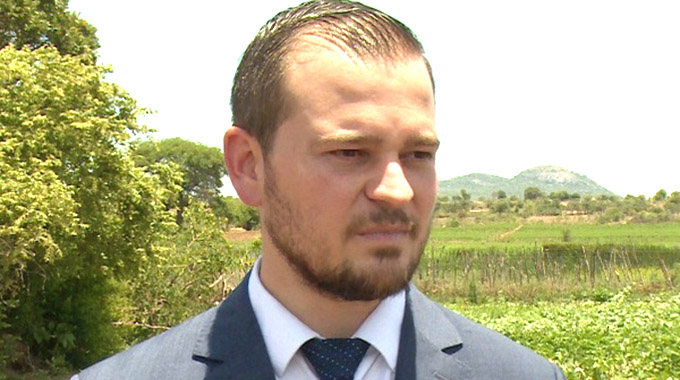Overwhelming response to Pfumvudza in Manicaland

Rumbidzayi Zinyuke
Manicaland Bureau
More than 38 000 out of the targeted 40 000 farmers in Mutare District have been trained on the Pfumvudza farming concept, which is expected to boost yields and guarantee food security.
The district officially launched the programme last month and the distribution of inputs is in full swing to ensure all farmers start planting on time.
Mutare district agricultural extension officer Ms Bertha Mashayamombe said they expected to surpass the target as more farmers were coming forward to register for the programme.
“We have started distribution of inputs in 15 out of our 36 rural wards,” she said.
“The response by farmers has been overwhelming and all farmers have come up with the three Pfumvudza plots that are required.”
The Government is distributing 5kg maize seed, 50kg compound D, 50kg Ammonium Nitrate and 10 kg soya bean seed per household.
Over 1,8 million households countrywide are expected to be registered by this month with each province expected to produce at least 250 000 tonnes of cereals and a corresponding 45 000 tonnes of oil seeds.
This will contribute to achieving the 1,8 million tonnes of cereals and 360 000 tonnes of oil seeds needed to meet national consumption requirements for a year.
The Pfumvudza concept was adopted by the Government to address the problems of low productivity and low profitability of farming which continue to affect food security.
Ms Mashayamombe said the programme would transform the food situation for many households as most areas in Mutare are dry and have been affected by droughts.
“This programme is set to change the household food security of the district, as well as the income status of the households as they will have both maize and soya bean as a cash crop,” she said.
“Those in traditionally dry areas will receive traditional grains like sorghum and will be expected to mulch their plots to minimise water loss from the plots. Farmers are expected to yield at least 1 tonne per hectare.”
Deputy Minister of Lands, Agriculture, Water and Rural Resettlement Vangelis Haritatos recently said the low productivity being experienced has been caused by a number of factors, among them poor agronomic practices, poor soils, the impact of climate change and failure to approach agriculture from a business perspective by both farmers and the extension system.








Comments